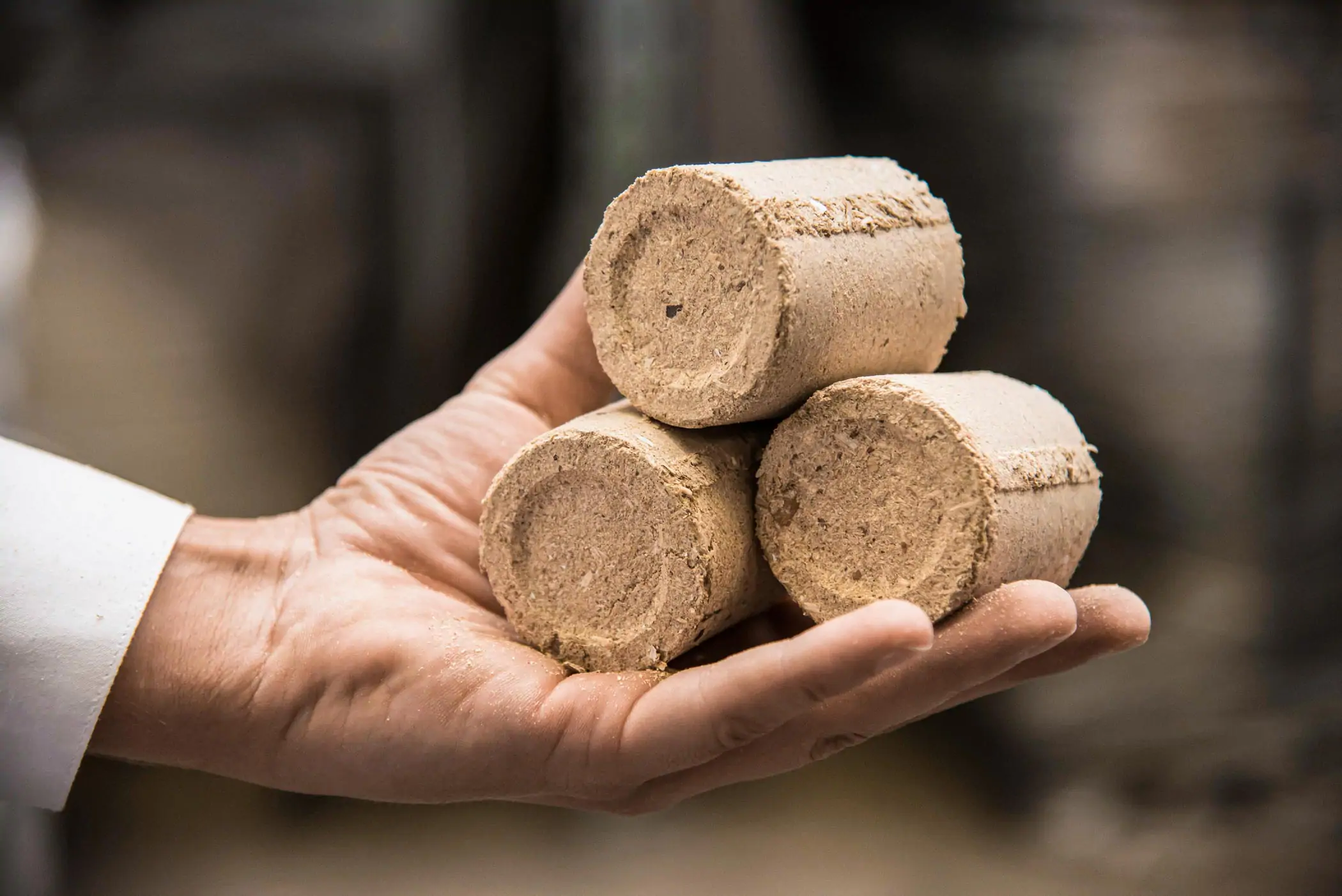As an industrial mechanic turned health enthusiast, my journey through the vast world of nutrition has been enlightening. The plant-based world, in particular, has been a revelation to me. It has proven itself not only as a viable source of protein but also as an avenue of health benefits many are yet to explore fully. But like with any revolutionary concept, plant-based diets come with their fair share of myths, and today, we’re about to bust them wide open!
Content
Myth 1: Plant-based Proteins are Incomplete
This is probably the most common misconception. The idea that plant-based proteins are incomplete and thus inferior to animal proteins is simply not true. All proteins are made of amino acids, some of which the body can’t produce on its own – these are called essential amino acids. It’s been traditionally believed that only animal proteins contain all essential amino acids.
While it’s true that most plant proteins are low in one or more essential amino acids, this doesn’t mean you can’t get all your essential amino acids from a variety of plant sources. It’s all about consuming a well-rounded diet. This is perfectly detailed in the plant-based recipe cookbook, which guides you on how to prepare tasty and nutritious vegan dishes that are rich in all essential nutrients.
Myth 2: You Need Animal Protein to Build Muscle
The misconception here is that plant-based protein can’t help build muscle as effectively as animal protein. Truth is, as long as you’re consuming enough protein and calories overall, your body can build muscle effectively, regardless of whether your protein comes from plants or animals. In fact, the misconception that you need large quantities of protein to build muscle is a myth in itself. It’s more about quality and consistency rather than quantity.
Myth 3: Plant-based Diets Lack Variety
Some folks think that plant-based diets are boring and lack variety. But nothing could be further from the truth. Just like any other diet, a plant-based one can be as exciting or dull as you make it. The variety of fruits, vegetables, legumes, grains, nuts, and seeds available to us is astonishing. So if you’re willing to explore, you’ll never run out of exciting plant-based dishes to prepare. If you need inspiration, refer back to the plant-based recipe cookbook.
Myth 4: Plant-based Diets are Expensive
The belief that plant-based diets are more expensive than diets that include animal products is simply not true. Staple foods like beans, lentils, rice, and pasta are among the cheapest foods you can buy, and they form the foundation of many plant-based meals. Additionally, growing your own fruits and vegetables can further reduce the cost of a plant-based diet, and there are plenty of resources on how to get started, like this article which provides a step-by-step guide on growing your own food at home.
Myth 5: Plant-based Diets are not Suitable for Athletes
There are numerous professional athletes thriving on plant-based diets, proving that this is just another myth. As an athlete, the key is to ensure that your diet meets your individual nutritional needs, and this can be achieved whether your diet is plant-based or not. A well-planned plant-based diet can provide all the nutrients an athlete needs to perform at their best. Plus, plant-based diets can offer additional health benefits that can aid an athlete’s performance and recovery.
In conclusion, whether you’re an athlete or just someone looking to maintain a healthy lifestyle, don’t let these myths deter you from exploring the power of plant-based proteins. As you continue your nutrition journey, remember to stay open-minded, do your research, and don’t be afraid to try something new. You might be surprised at how much you enjoy the plant-based lifestyle and the benefits it can bring. After all, the first step to change is awareness, and hopefully, this post has shed some light on the power and potential of plant-based proteins.
The Environmental Impact of a Plant-Based Diet
It’s not just our bodies that benefit from a plant-based diet; the environment does too. A plant-based diet uses fewer resources such as water, land, and energy compared to a meat-based diet. It also contributes less to greenhouse gas emissions. The farming of livestock for meat, eggs, and milk generates 14.5% of global greenhouse gas emissions, which is more than all the cars, planes, and other forms of transport combined! By adopting a plant-based diet, you are not only taking care of your health but also doing your part to conserve our planet’s resources and combat climate change. If you’re interested in more ways to contribute to environmental sustainability, you can find some great ideas here.
Nutritional Adequacy of a Plant-Based Diet
There’s a misconception that it’s hard to get certain nutrients on a plant-based diet. While it’s true that some nutrients are more prevalent in animal products, they can also be found in plant foods. For instance, iron can be obtained from beans, whole grains, and leafy green vegetables. Calcium can be found in fortified plant milks, tofu, and green leafy vegetables. Omega-3 fatty acids can be sourced from flaxseeds, chia seeds, and hemp seeds. The key is to consume a variety of foods to meet all your nutrient needs.
The Effect of a Plant-Based Diet on Longevity
Research consistently shows that people who follow a plant-based diet live longer and healthier lives. These diets are rich in fiber, vitamins, and minerals, and low in saturated fats, which makes them great for heart health. They also help in maintaining a healthy weight, reducing the risk of developing chronic diseases like type 2 diabetes and some types of cancer. Moreover, plant-based diets are linked with a lower risk of mortality from all causes. This essentially means you could add more years to your life simply by switching to a plant-based diet.

Bradley attended Boston University where he received a Bachelor’s degree in Economics and Political Science as well as a Master’s degree in Business Administration from Columbia University Graduate School of Business (currently attending). He loves to write about everything business related.











